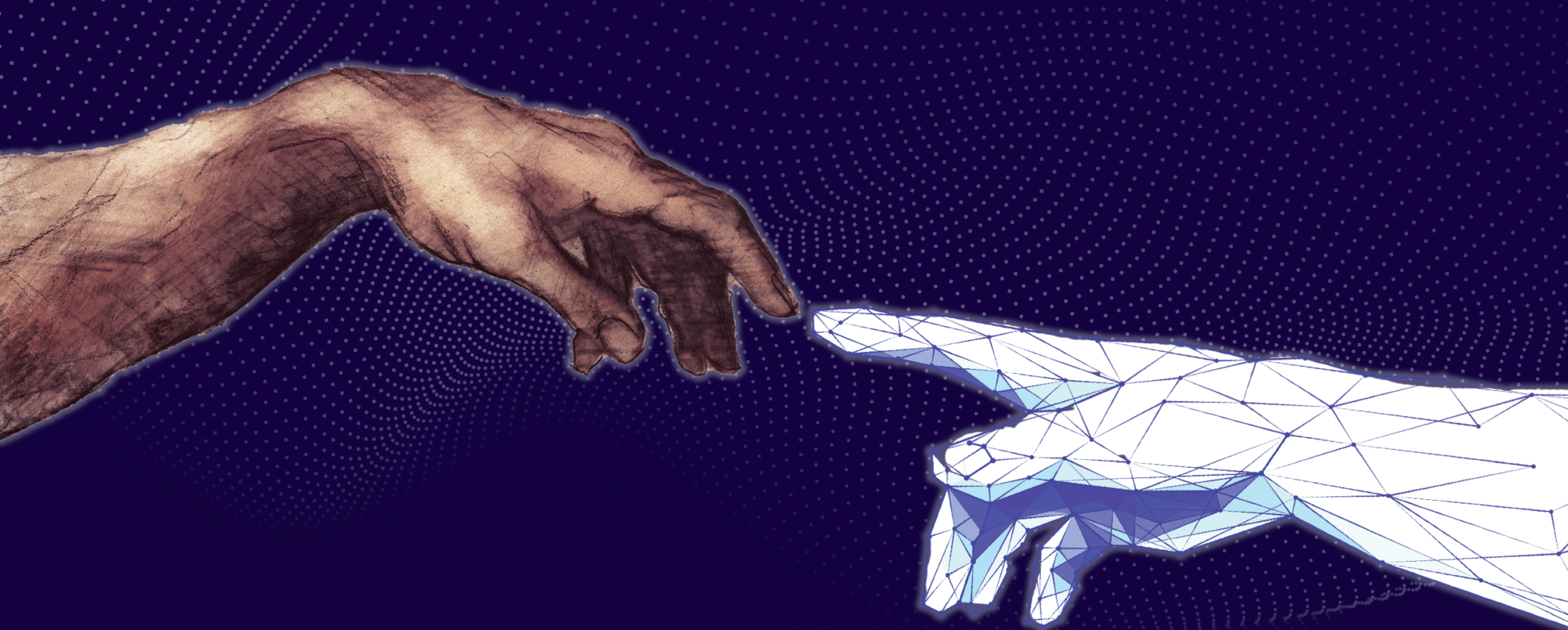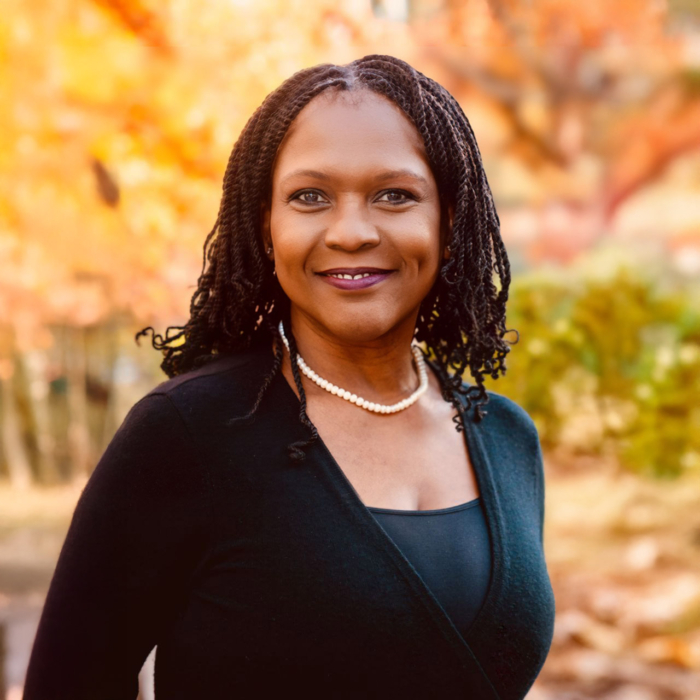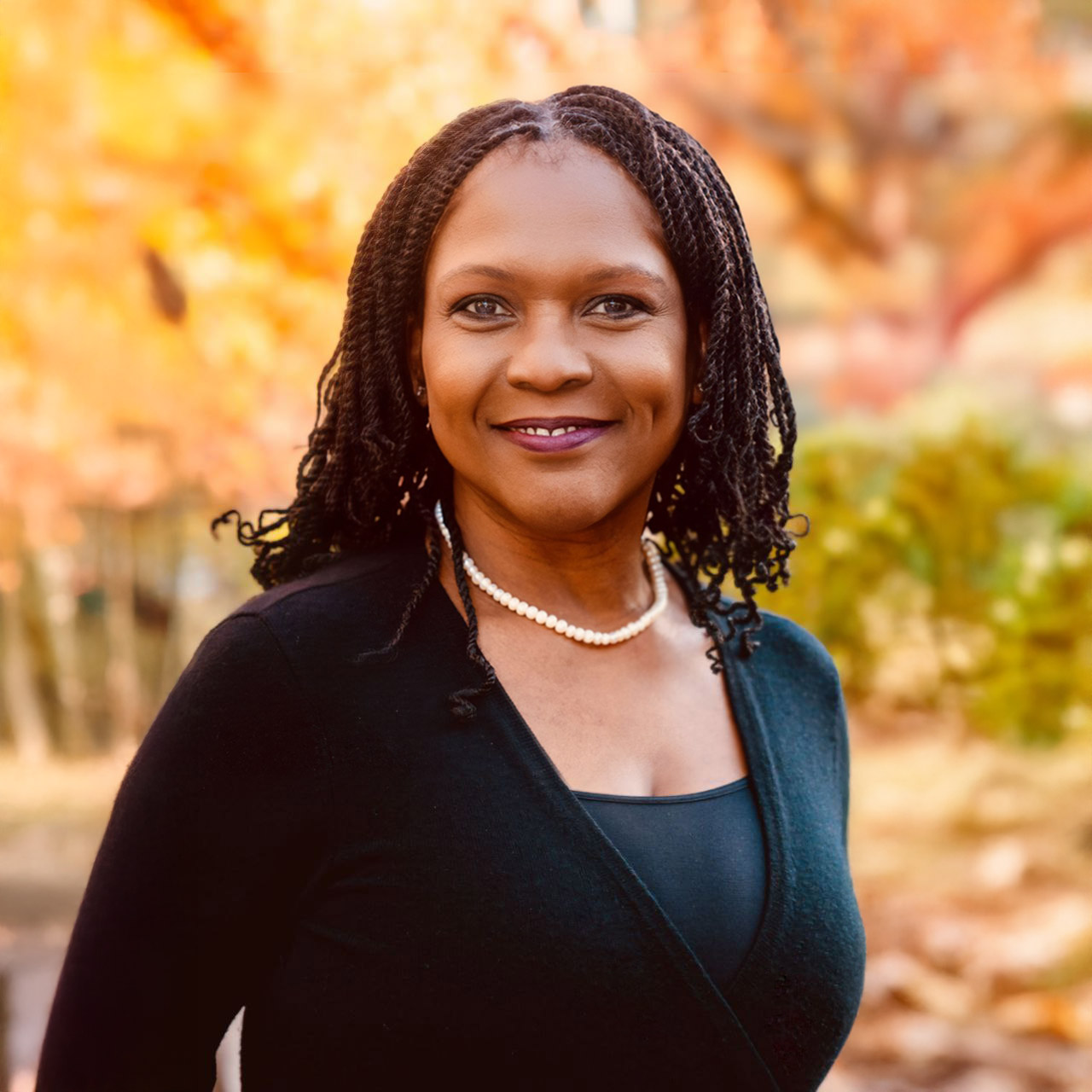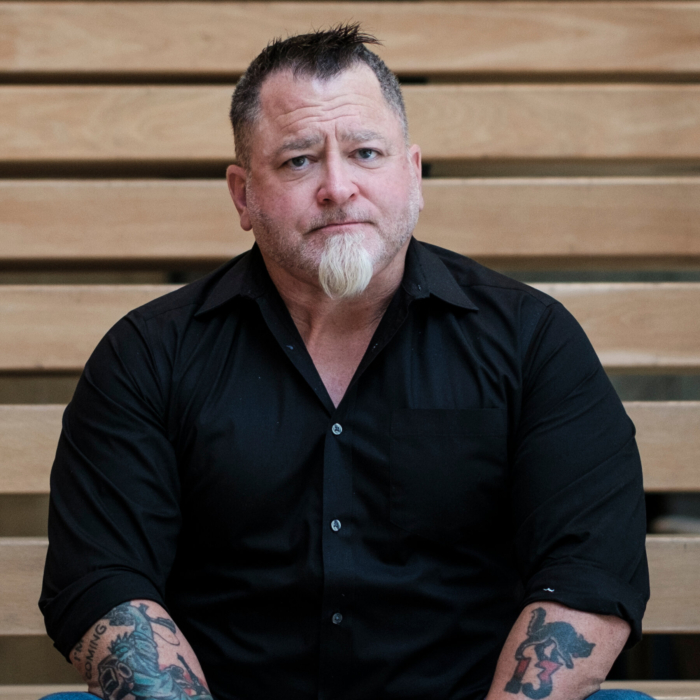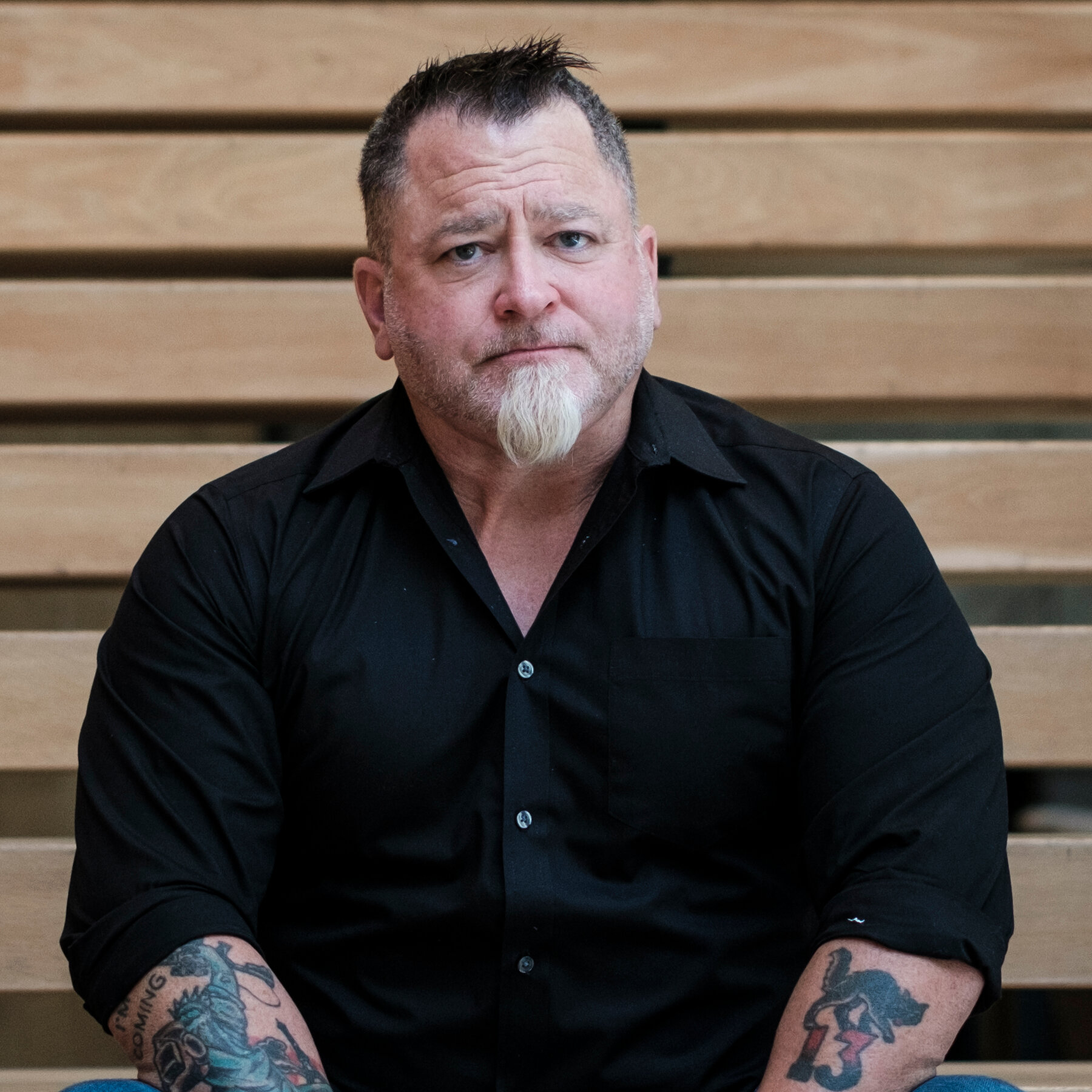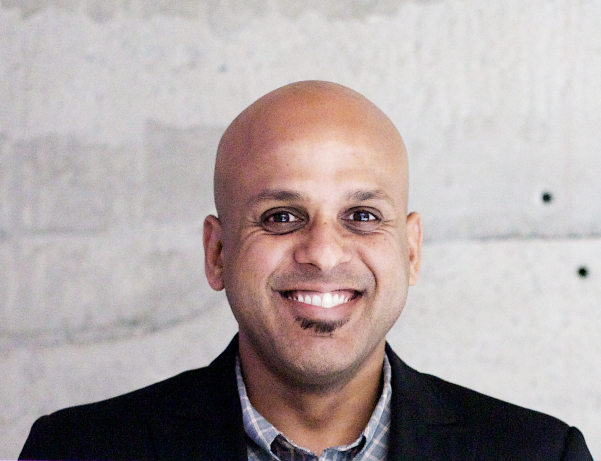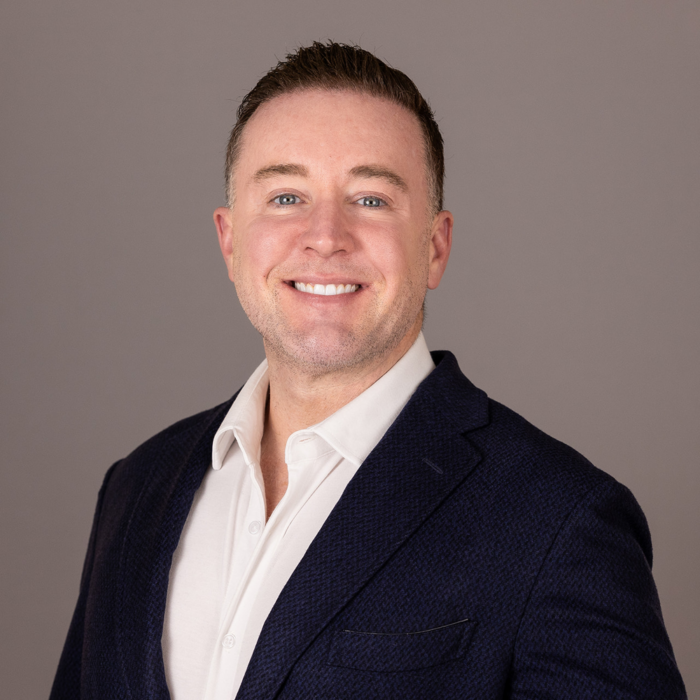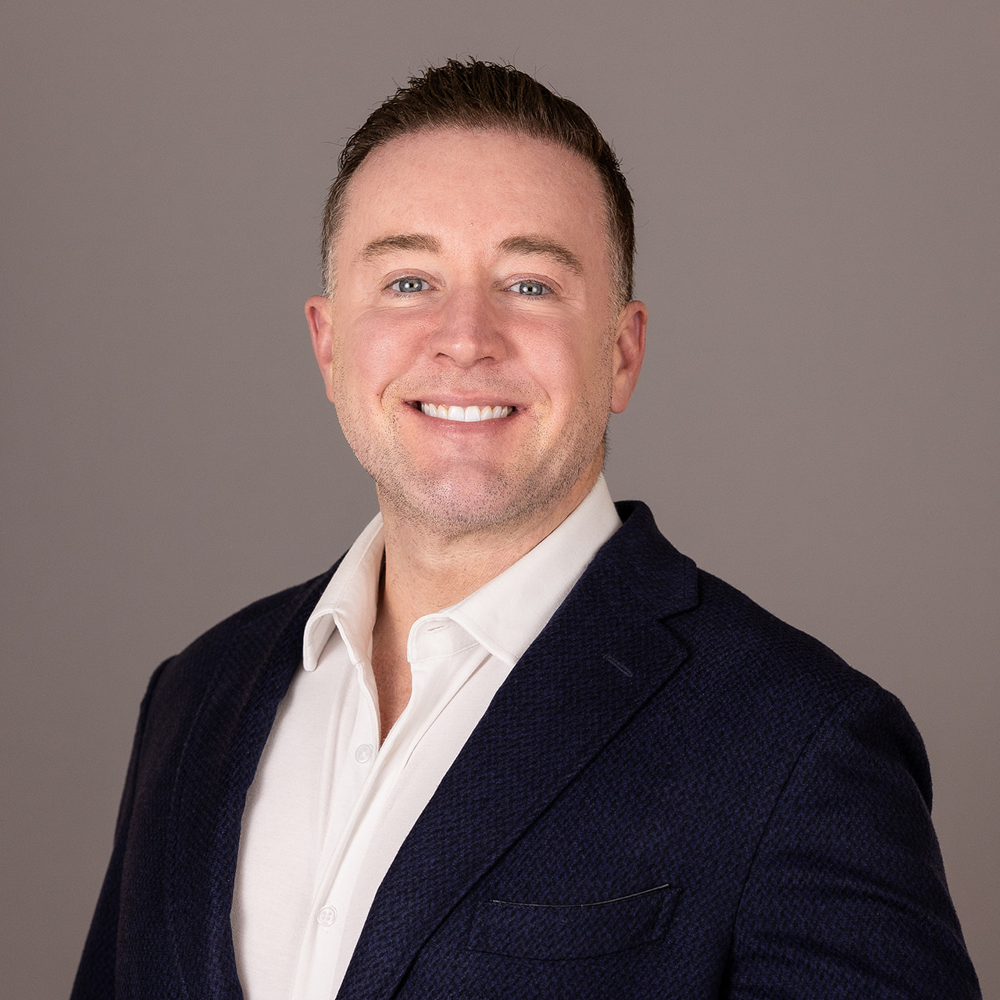Human Intelligence
in the age of AI
Join us on July 1, 2025, from 1-5PM CST for Colloquium 2025, where we’ll delve into the evolving role of human intelligence in an AI-driven world, exploring what makes us uniquely human in the face of advancing technology.
As artificial intelligence continues to reshape the way we think, create, and interact, this in-person event will dive deep into the essence of human intelligence. We’ll explore its adaptability, emotional depth, ethical reasoning, and creative power. Through thought-provoking discussions, we’ll examine how intelligence is evolving, what sets human cognition apart, and why, in a world increasingly driven by AI, the most profound questions about intelligence are more important than ever.
Register Now!Register Now!